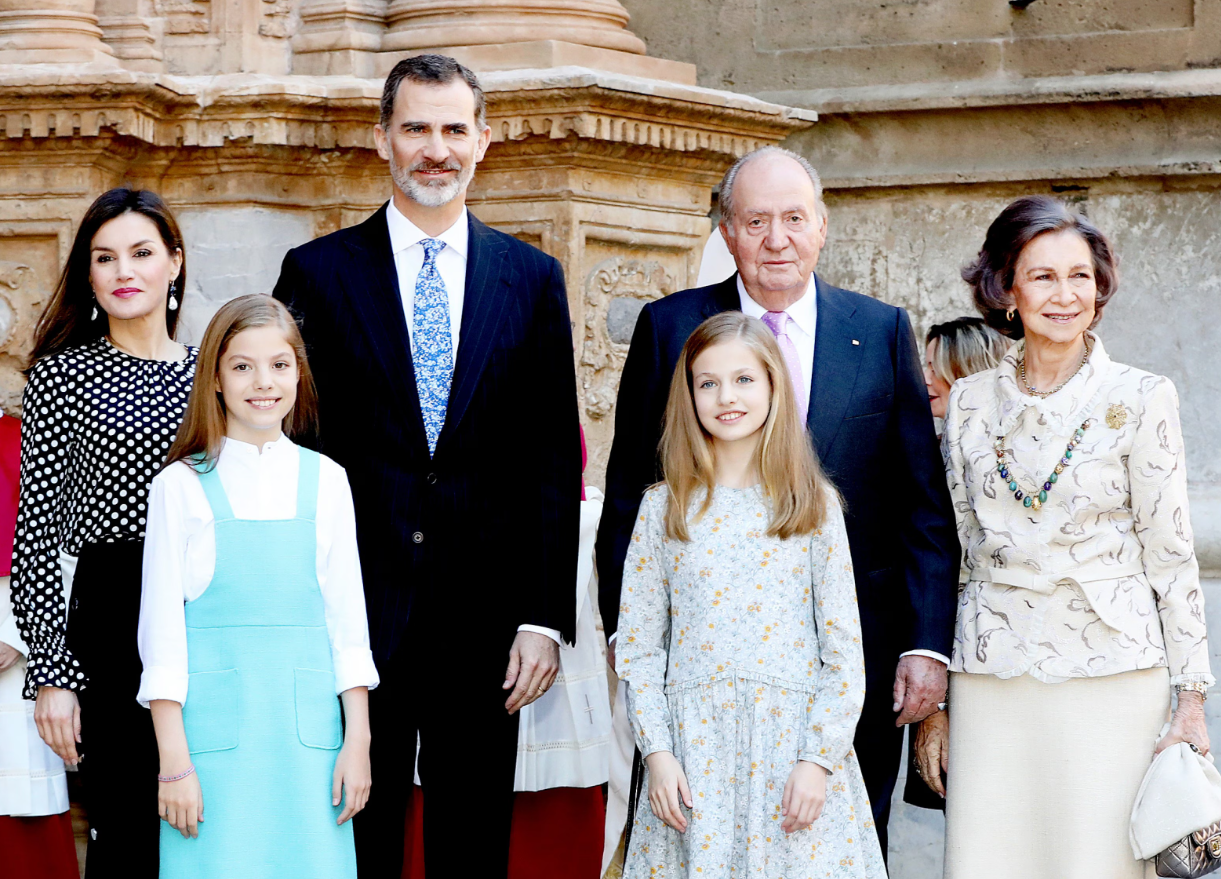Hispanic families often have complex relationships, and the Spanish language has many specific words that capture these family connections well. This rich vocabulary isn’t just handy for everyday chat; it also shows how important family is in Hispanic cultures. It’s also important to know the difference between words that sound alike, like ‘parientes’ (relatives) and ‘padres’ (parents), so you don’t get mixed up. When you understand these details, you can discuss family matters more clearly, build stronger relationships, and appreciate Hispanic culture.

Essential Vocabulary for Describing Family Members in Spanish
To talk about family in Spanish, you must know specific terms for various family members. Let’s start with the basics. For your immediate family, ‘padres’ means parents and ‘hermanos’ means siblings.
| English | Spanish |
| Family | Familia |
| Parents | Padres |
| Mother | Madre |
| Father | Padre |
| Children | Hijos |
| Daughter | Hija |
| Son | Hijo |
| Siblings | Hermanos |
| Sister | Hermana |
| Brother | Hermano |
| Grandparents | Abuelos |
| Grandmother | Abuela |
| Grandfather | Abuelo |
| Great-grandparents | Bisabuelos |
| Great-grandmother | Bisabuela |
| Great-grandfather | Bisabuelo |
| Grandchildren | Nietos |
| Granddaughter | Nieta |
| Grandson | Nieto |
| Aunt | Tía |
| Uncle | Tío |
| Cousins | Primos |
| Niece | Sobrina |
| Nephew | Sobrino |
| Sister-in-law | Cuñada |
| Brother-in-law | Cuñado |
| Mother-in-law | Suegra |
| Father-in-law | Suegro |
| Daughter-in-law | Nuera |
| Son-in-law | Yerno |
| Stepfather | Padrastro |
| Stepmother | Madrastra |
| Stepson | Hijastro |
| Stepdaughter | Hijastra |
| Half-brother | Medio hermano |
| Half-sister | Media hermana |
Conclusion
Learning Spanish words for family members is important. It helps you talk better with people in Hispanic cultures. Knowing these words lets you understand their world more—like their celebrations and daily life. When you know the right words for close and distant relatives, you connect with everyone, from immediate family to in-laws and even step-relatives. This makes your relationships stronger and helps you understand their culture better.

